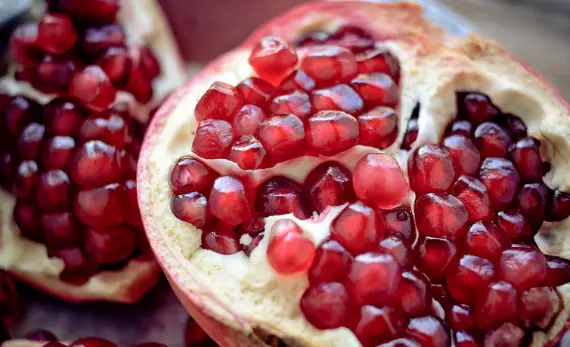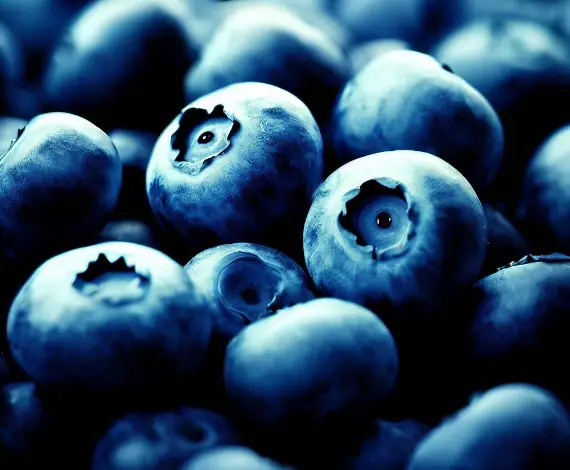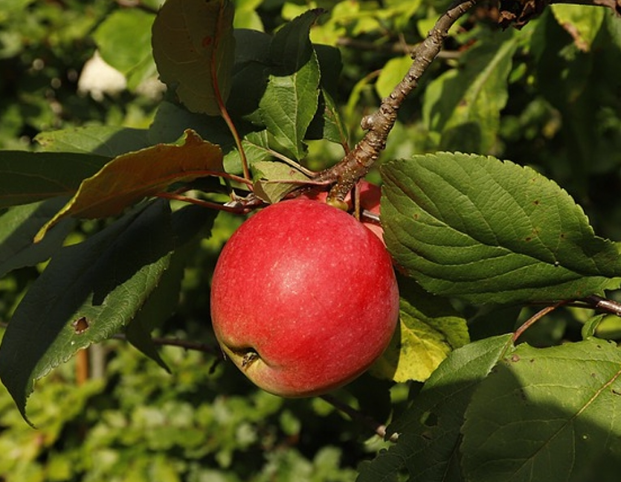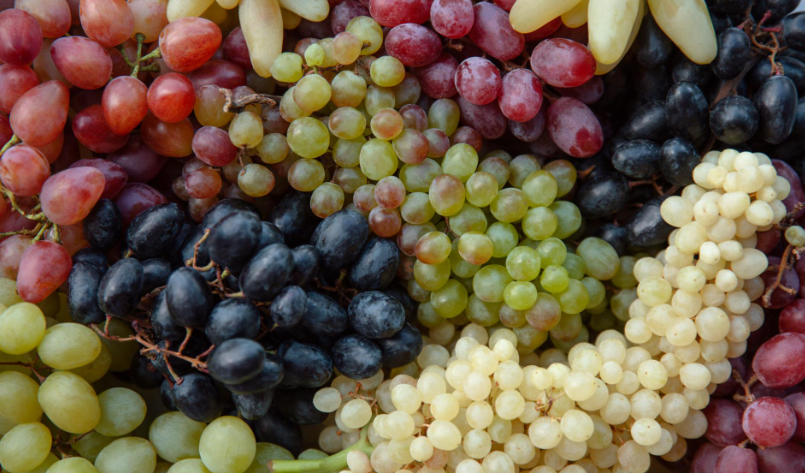Everyone loves the sweet and delicious taste of mangoes. But have you ever wondered if mangoes are actually tropical fruits?
In this guide, we’ll dig deep into what makes a fruit tropical, uncover the roots of the mango, talk about its tropical traits, its nutritional content, and the health perks it offers. We are also going to look into the many ways you can enjoy mangoes in cooking, go over some yummy mango recipes, offer advice on picking the perfect ripe mango, show you how to store and ripen them at home, and reveal some fun mango trivia!
Table of Contents
- Defining Tropical Fruit
- Features of Tropical Fruits
- Is Mango Considered a Tropical Fruit?
- Tracing Mango Back to Its Roots
- What Makes Mangoes Tropical?
- The Goodness Inside Mangoes
- Why Are Mangoes So Good For You?
- Cooking With Mangoes
- Famous Mango Recipes
- Picking the Perfect Mango
- How to Store and Make Mangoes Ripen Faster
- Did You Know? Fun Mango Facts
- Conclusion
- FAQs
- Can mangoes grow in non-tropical regions?
- Are there specific varieties of mangoes considered the best?
- Are mangoes high in sugar?
- Can mangoes be frozen for later use?
- Are mangoes suitable for individuals with dietary restrictions, such as vegans or those with gluten intolerance?
Defining Tropical Fruit
Tropical fruits come from the warm and humid parts of the world, close to the equator where the sun is always shining, and the rain keeps falling.
In these tropical places, fruit trees are happy to grow fruit all year round. Some of the fruits that enjoy this climate include pineapples, bananas, and papayas, as well as – you guessed it – mangoes.
Features of Tropical Fruits
Tropical fruits stand out because they’re full of color, flavors that pop, and sometimes have a unique smell. They’re usually juicy and sweet, with a texture that can be chewy or smooth, and are packed with vitamins, minerals, and antioxidants.
Is Mango Considered a Tropical Fruit?
Yes, mango definitely fits the bill for a tropical fruit. It originally comes from South Asia, but now mango trees can be found in other sun-kissed areas around the globe. Countries like India, Thailand, the Philippines, and Brazil grow lots of mangoes, and they’re often seen as a special treat in tropical areas.
Tracing Mango Back to Its Roots
Mangoes have a long and interesting history, dating all the way back to ancient times in areas that are now northeastern India and Myanmar.
Their journey from there took them all across Asia and eventually to other warm regions thanks to people trading and exploring.
Now, mangoes are happily growing in many tropical and subtropical spots all over our planet.
What Makes Mangoes Tropical?
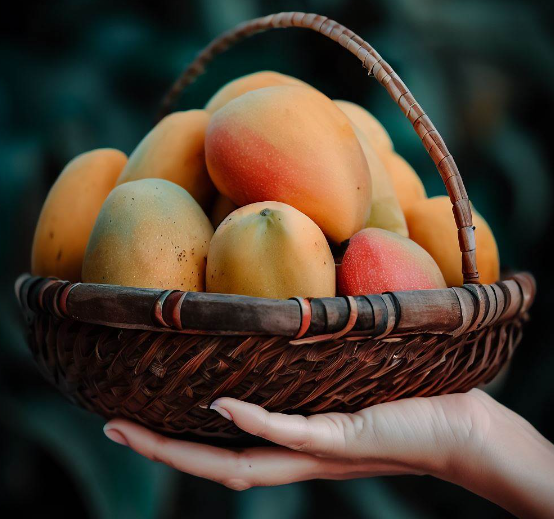
To really flourish, mangoes need the temperatures to be warm – between 77°F and 95°F (25°C and 35°C). You’ll find mango trees where there are clear seasons of rain and dryness, which is just what tropical climates are known for.
The weather in these tropical places greatly affects how mango trees grow and when they’re ready to give us their fruit.
The Goodness Inside Mangoes
Mangoes bring more than just a heavenly taste; they are chock-full of vitamins and minerals that our bodies need. Eating them gives us lots of vitamin C, vitamin A, potassium, and fiber.
They’re surprisingly low in calories and come loaded with stuff that’s good for you like antioxidants and different plant compounds, making them a super healthy choice.
Why Are Mangoes So Good For You?
Mangoes aren’t just tasty – they boost our health in many ways. Their vitamin C helps our immune system and keeps our skin firm. Vitamin A is great for our eyes and for making our skin glow. The fiber in mangoes helps keep our digestive system on track. Plus, their antioxidants defend our bodies from harmful molecules and can help keep sickness at bay.
Cooking With Mangoes
Mangoes are incredibly flexible in the kitchen and can be part of so many recipes. They’re superb just as they are, fresh and juicy.
But there’s more – you can put mangoes in fruit salads, blend them into smoothies, and bake them into desserts. Their special sweet and sour flavor also works great in savory dishes like salsas, jams, and as a zesty marinade for meats.
Famous Mango Recipes
- Mango Sticky Rice – a sweet and tropical dessert
- Fresh Herb Mango Salsa – a vibrant and tasty dip
- Mango and Shrimp Skewers – a sizzling and flavorful grill favorite
- Mango Lassi – a refreshing Indian yogurt-based drink
- Homemade Mango Coconut Ice Cream – a cool tropical treat
Picking the Perfect Mango
Choosing a ripe mango can be simple. Look for ones that are bright in color, ranging from golden yellow to sunset red, which can differ based on the type of mango. Stay away from mangoes with a wrinkly or damaged skin. Ripe mangoes will smell sweet at the stem, and if you give them a gentle squeeze, they should be firm but give a little, without feeling like they’re mushy.
How to Store and Make Mangoes Ripen Faster
If you’ve got some mangoes that aren’t quite ripe yet, you can help them along by putting them in a paper bag at room temperature. To speed it up even more, put an apple or banana in the bag with them – they release a gas called ethylene which helps the mangoes ripen faster.
Once they’re ripe, move your mangoes to the fridge. This keeps them fresh a bit longer, although sometimes their texture can change a little when they’re cold.
Did You Know? Fun Mango Facts
- The mango family includes cashews and even poison ivy!
- In India, the mango tree is a symbol of love and is thought to bring fertility.
- Mangoes aren’t just yummy; they’re also national symbols, representing India, Pakistan, and the Philippines.
- Mangoes come in more than a thousand varieties, each with a distinct taste and its own set of features.
Conclusion
The mango is truly a fruit of the tropics, beloved for its rich flavor and the feeling of a tropical paradise it evokes. Originally from South Asia, the cultivation of mangoes has spread across many tropical areas, making it a cherished fruit worldwide.
Beyond their delicious taste, mangoes deliver a wealth of nutrients and health advantages. They hold an important place in cooking and in various cultures, enchanting fruit lovers everywhere.
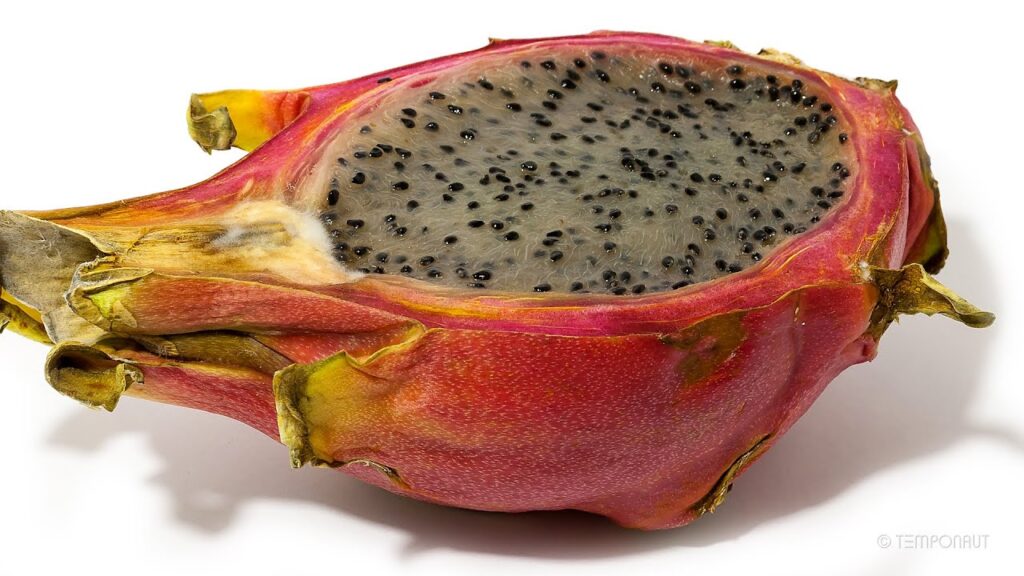
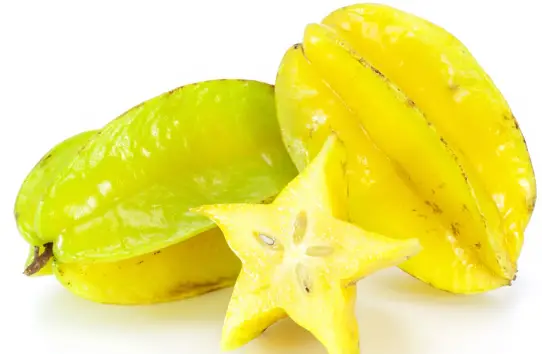
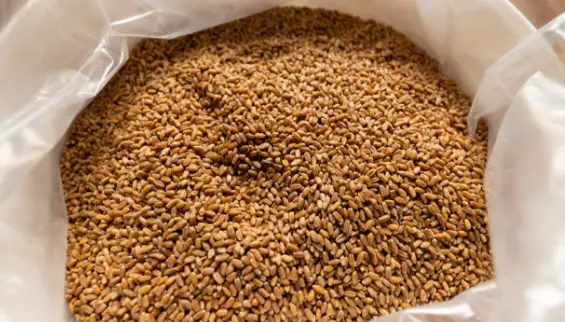
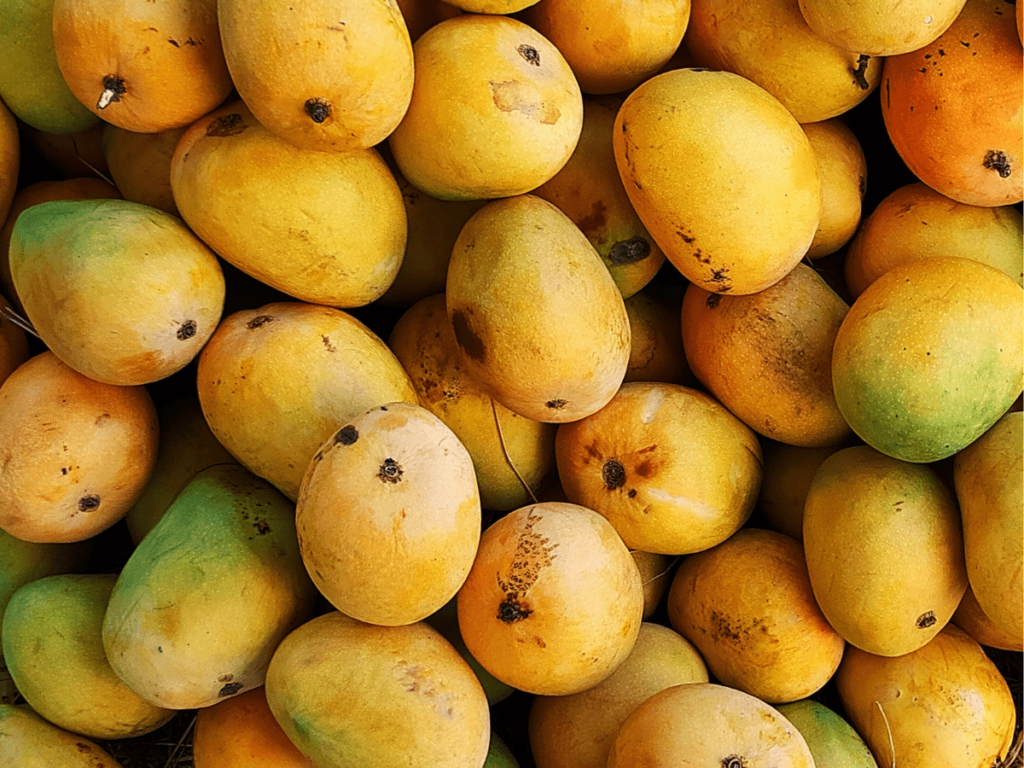
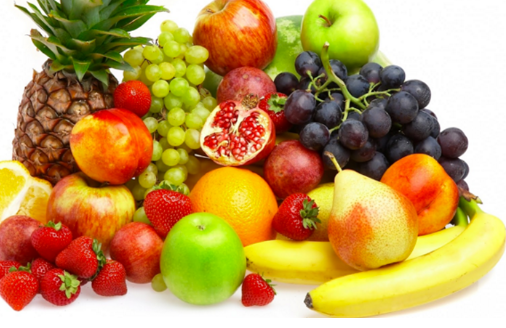
![Is Mango A Citrus Fruit, A Stone Fruit, Or A Drupe? [ANSWERED]](https://fruitonix.com/wp-content/uploads/2023/04/is-mango-a-drupe.jpeg)
